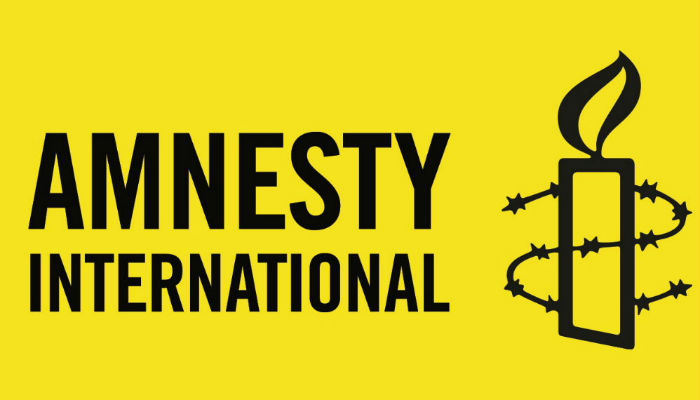Prominent London-based rights group Amnesty International has voiced concern over a new media law in Turkey that introduces prison sentences for those “disseminating false information,” warning that it poses a new threat that will clearly restrict the space for public debate.
Amnesty released a four-page statement on Monday about what the Turkish government describes as the “disinformation law,” found by the opposition and critics to be a further stifling of free speech in the country.
The Turkish Parliament passed the law earlier this month after it was proposed by President Recep Tayyip Erdoğan’s ruling Justice and Development Party (AKP) and backed by its election ally, the far-right Nationalist Movement Party (MHP). It went into effect on Oct. 18 when it was signed by Erdoğan and published in the Official Gazette.
In its statement Amnesty said although the proponents of the law assert in its general justification section that it is meant to counter disinformation and “make sure that innocent people are not misled by such content,” the legislation will criminalize people for “publicly disseminating misleading information” by adding a clause to Article 217 under the section on “Offences against Public Peace” in the Turkish Penal Code.
The law makes “disseminating false information” a criminal offense, with prison sentences of between one and three years. If a person conceals their identity while spreading misinformation, those sentences can be increased by half, the law says, although it doesn’t specifically define false information.
“The overly broad and vague wording of this amendment and other measures contained in the law represents a significant threat to the exercise of the right to freedom of expression in the country. To address disinformation, instead of criminalizing or otherwise silencing people, the Turkish government should proactively ensure that credible, reliable, objective, and accessible information is disseminated to all,” said the rights group.
The law also targets social media platforms by making them liable for the content posted by their users, which according to the group, further reduces the space for people to freely express their ideas and opinions.
Turks are already heavily policed on social media, and many have been charged with insulting President Erdoğan or his ministers, or criticism related to foreign military incursions and the handling of the coronavirus pandemic.
Turkey was classified as “not free” by Freedom House in its “Freedom in the World 2022” index.
Amnesty called on Turkey to, in line with its obligations under international human rights law, urgently repeal the new provisions including the introduction of criminal liability for disseminating “untrue” information as well as the increased restrictions on social media platforms and additionally to take action to ensure people can exercise their right to freedom of expression without fear of reprisal.
The timing of the legislation has raised concerns that it is intended to muzzle online reporting and commentary critical of Erdoğan’s government in the run-up to elections in 2023.

